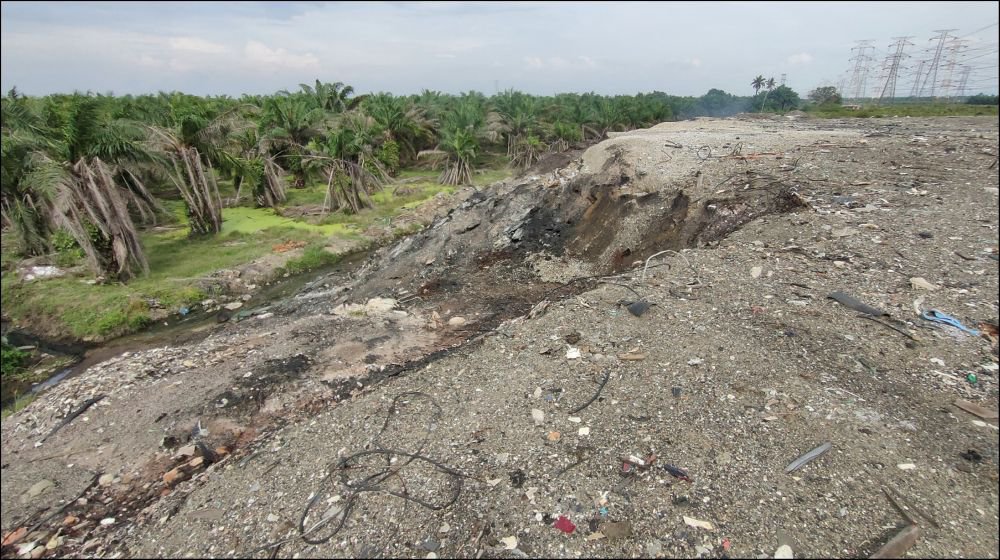Malaysia is set to introduce stricter new rules regarding imported plastic waste. From the 1st of July, imports of all plastic waste will be prohibited from entering the country, with the new law set to align the country with the Basel Convention, including the 2019 Plastic Waste Amendments and its trade ban on certain plastic wastes between parties of the Convention. Currently, Malaysia receives more plastic waste from rich developed countries compared to other non-OECD countries.
“We are ecstatic that this new law aims to stop much of the harmful plastic waste moving in containers each day from Los Angeles to Port Klang under the guise of recycling,” said Jim Puckett, Founder and Chief of Strategic Direction of the Basel Action Network (BAN). “The ‘recycling’ is doing more harm than good, as only a fraction of the exports ever gets recycled. The plastics that are not feasible to be recycled are often hazardous or contain microplastics, which are commonly dumped, burned, or released into waterways. The export of plastic waste for recycling is a complete sham, and it is a relief that the US contribution to this plastic waste shell game is increasingly outlawed.”
Understanding the new law
The country’s amended Customs Act (Schedule 4, Part 1, Item 6) will state that plastic waste imports are prohibited unless approved by SIRIM Berhad, an agency under the purview of the Malaysian Ministry of Investment, Trade, and Industry. SIRIM manages inspections and grants import permits following the new set of rules within the guidelines for the Importation and Inspection of Waste Plastic.
Following the new guidelines, plastic waste will only be allowed from the Basel Parties. This results in the USA being excluded as they are a non-Party, unless a special bilateral treaty is formed and allowed under the Basel Convention. Free-trade zones will not be exempt, and all exports will be subject to pre-inspection in the exporting countries.
Regarding other Basel Parties, imported plastic waste must not be mixed, aside from PP, PE, and PET mixtures, and each individual polymer must have a 99.5% purity level. According to experts, this level is impossible to meet for any post-consumer plastic waste, including electronic waste plastic, agricultural waste, and wastes arising from municipal MRFs (Materials Recovery Facilities). Additionally, plastic waste cannot exceed 2% of non-plastic contaminants like wood, paper, or metal, with a zero tolerance for any food, oil, or e-waste mixed into the loads.
BAN speaks out
BAN is calling for all shipping lines, freight companies, plastic waste recyclers, and brokers to respect Malaysia’s sovereignty and “cease being accomplices in global waste dumping crimes.” Additionally, BAN is encouraging all countries targeted by plastic waste brokers to use the Basel Convention to protect their people and their environment. Nearby countries Thailand and Indonesia have recently announced plastic waste import bans.
“Our people and environment in Malaysia have suffered greatly from the pollution caused by imported plastic and electronic waste. Other countries in Southeast Asia are likewise being harmed by foreign plastic waste daily. We sincerely hope that exporting countries will help us put a stop to waste dumping and trafficking,” said Wong Pui Yi, BAN Researcher from Kuala Lumpur. “But for these new regulations to be successful, the government must enforce them transparently, swiftly prosecute those who violate the law, and close any loopholes that may arise, including clamping down on corruption. We must remain vigilant and continue to spot-check the system with intelligence-led searches and seizures.”
BAN will continue to provide governments in the region with risk-based intelligence.
Reference : Malaysia announces stricter plastic waste import rules – Interplas Insights

